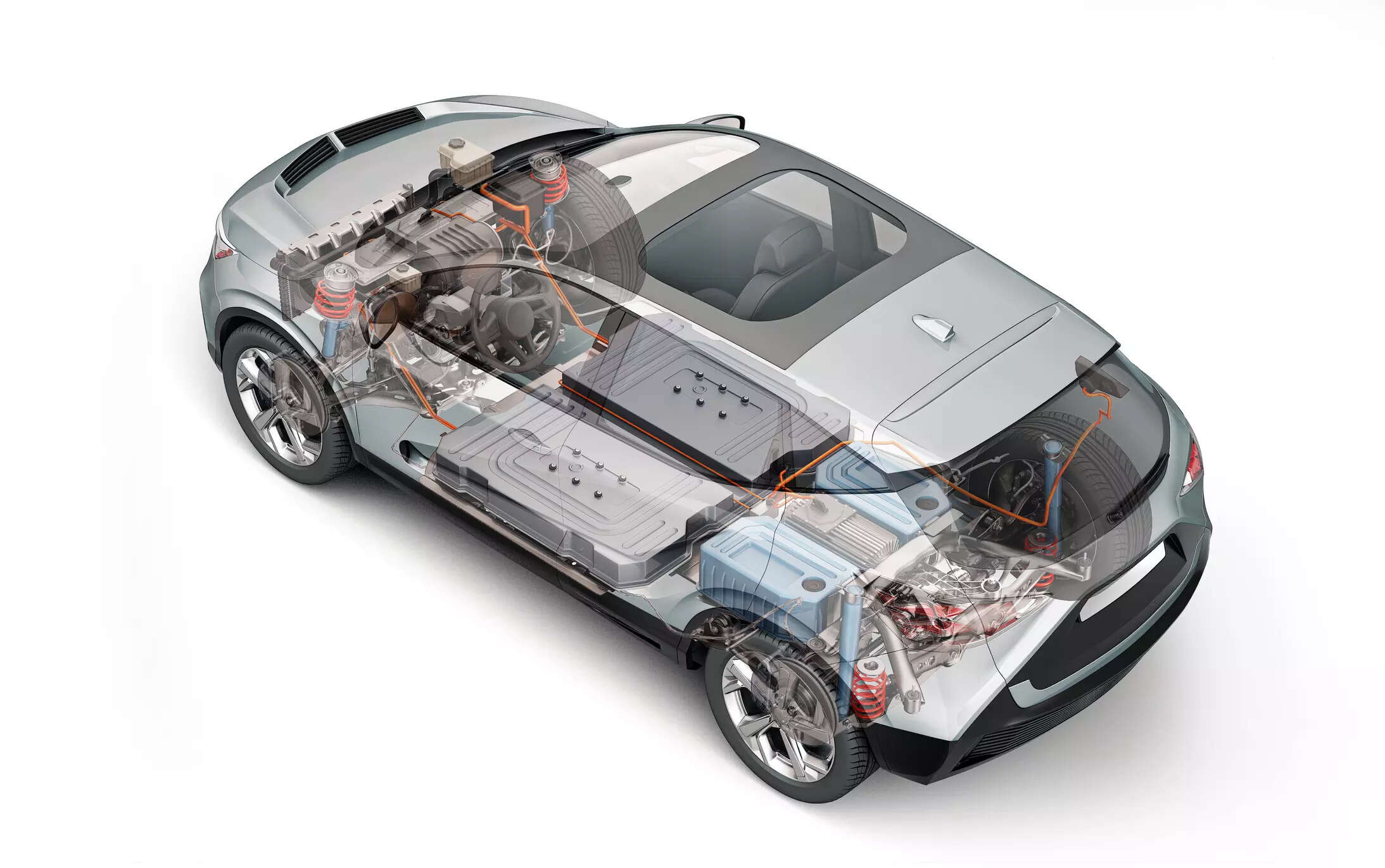
Mumbai: With a spurt in registrations of electric vehicles (EVs) over the past one year, Mumbai expects 15% new registrations by the end of 2023-24, state transport commissioner Vivek Bhimanwar said.
Mumbai has over 7,000 e-cars and nearly 15,000 e-bikes as of April 26.
From 311 EVs registrations in 2019 to over 23,000 this year, the EV population has increased 72 times in the past four years. “It is a good growth and we expect more production and sale of EVs by the year-end,” Bhimanwar said, adding that the government was also giving incentives.
Transport experts said the EV registrations could go higher if there was adequate infrastructure to charge vehicles, both in residential and commercial areas, as well as highways and expressways.
Two major private players in power distribution — Adani Electricity and Tata Power — have decided to take the plunge and ensure there are maximum EV chargers for EVs.
This week, Adani Electricity announced its plan to install 8,500 EV chargers in the city. At present, it has installed 75 charging stations in housing society complexes in the suburbs and commercial places, besides providing 600 charging connections to its consumers.
Tata Power has set up 1,231 charging points for Mumbai till date. This includes 111 fast-charging points which can charge e-cars in 30-45 minutes, and 550 points in housing societies. This week, it deployed eight chargers, including super-fast 60 kW charging points (two cars in 40 minutes each at one time) at a Ghatkopar mall.
Utkarsh Singh, CEO of BatX Energies, which deals with lithium-ion battery recycling, said a majority of growth in EV registrations is in the two-wheeler segment. “In case of e-scooters, one can also opt for battery swapping to speed up the process of recharging the vehicle instead of waiting for half an hour to an hour for fast charging,” he suggested.
“As for battery-swapping stations, they have gone up 100% in the past one year in cities like Delhi. And, it is likely to come up in a big way in Mumbai and the rest of the state soon,” Singh said.
Urban designer and architect Trupti Amritwar, who owns an electric SUV, pointed out that the government and private players keep promising of setting up more EV-charging stations, but they should maintain their deadlines. “If they say they are getting more EV chargers for car owners by the end of the financial year, this could be a game-changer. Personally, I am in favour of more EVs. It has low maintenance, good pickup and speed, convenience and comfort on the highways while driving,” she said, adding that more EV-charging stations on highways and cities will reduce anxiety of car owners.
Amritwar also demanded that there should be a common app integrating all charging stations — government and private – for the convenience of EV owners.
An EV expert said the mining and supply of domestic lithium for Indian EVs should be encouraged instead of relying on importing lithium-ion batteries from countries like China. “This will drastically cut costs for batteries and also bring down the overall cost of EVs, thus encouraging more sales,” he added.

